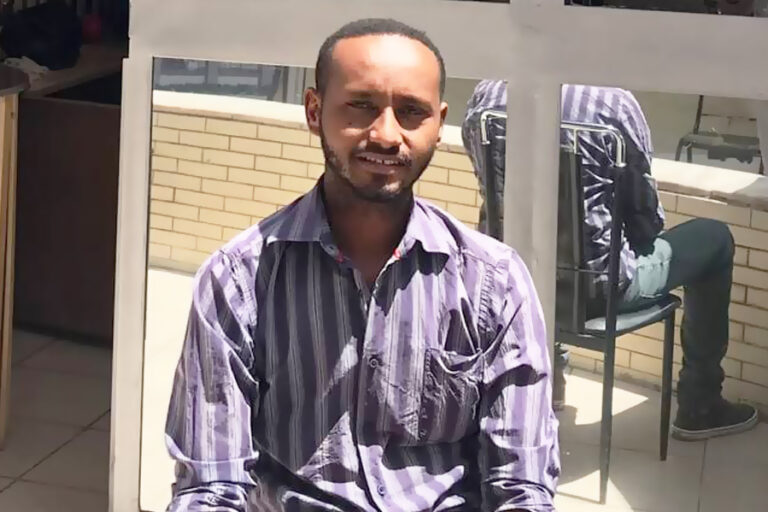Name: Mihiretab Mezgebu
Education: Degree
Company name: Bourbon Coffee
Title: Manager
Founded in: 2011
What it does: Café srvice
HQ: Addis Ababa, around Wello sefer
Number of employees: 4
Startup Capital: 500,000 birr
Current Capital: Growing
Reasons for starting the business: To fill the gap in the sector
Biggest perk of ownership: Creativity
Biggest strength: Customer attraction
Biggest challenging: Knowing customers need
Plan: Expanding bourbon by franchising
First career: Import, export business
Most interested in meeting: Bill Gates
Most admired person: My mother
Stress reducer: Sitting at windy places
Favorite past time: Watching movie
Favorite book: Dertogada
Favorite destination: Anywhere windy
Favorite automobile: Chevrolet






